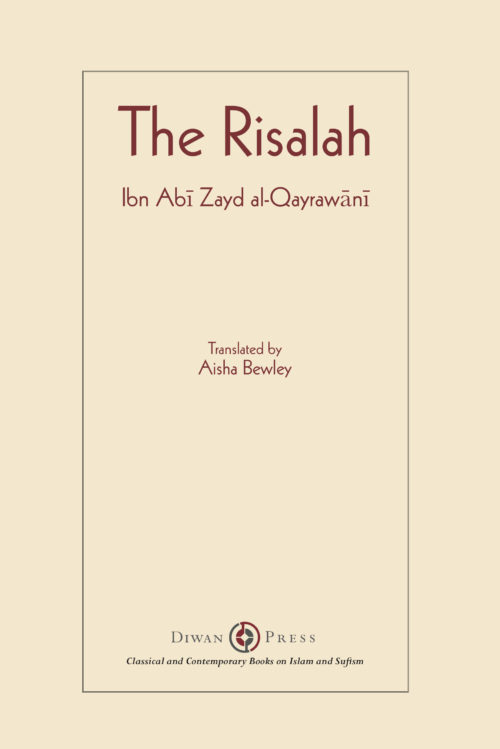This small treatise of Ibn Taymiyya is, in fact, an investigation into the origin and nature of the Prophetic Sunna making clear that the Madinan school is the soundest of all of them and the closest to the Sunna and the practice of the Salaf.
The Madinan Way
£3.95
Description
“This small treatise of Ibn Taymiyya (661/1263-728/1328), the extremely influential Hanbali jurist, has an importance belied by its size since it is, in fact, an investigation into the origin and nature of the Prophetic Sunna. In it he discusses the value of the consensus of the people of Madina and its standing as evidence. He also deals with the lawful and unlawful, food and drink, usury, acts of worship and other matters, and compares the school of the people of Madina regarding all these things with the other schools, making it clear that the Madinan school is the soundest of all of them and the closest to the Sunna and the practice of the Salaf.
Although usually associated with hadith-based legal reasoning, in this work Ibn Taymiyya demonstrates the unquestionable authority of the practice of the people of Madina, showing how it remained indisputably the authentic expression of the Sunna of the Prophet, may Allah bless him and grant him peace, during the first three generations of Islam when it was definitively recorded by Imam Malik ibn Anas. The conclusion he reaches is that: “In the time of the Companions, the Followers and their Followers, their school was the soundest of the schools of the people in all the lands of Islam, east and west, both in respect of its fundamental principles and its secondary rulings.”
14.8 x 21 cm. 108 pages
Ibn Taymiyah
Shaykh al-Islam Taqi ud-Din Abu’l-Abbas Ahmad Ibn al-Halim ibn Abd al-Salam Ibn Taymiyah al-Hanbali was born in , 661 AH (1263 AC) in Haran, which is now in Eastern Turkey, near the border of northern Iraq.
His family had long been renowned for its learning , among his teachers, was Shams ud-Din Al-Maqdisi, first Hanbali Chief Justice of Syria following the reform of the judiciary by Baibars. The number of Ibn Taimiyah’s teachers exceeds two hundred. Ibn Taimiyah was barely seventeen, when Qadi Al-Maqdisi authorized him to issue Fatwa (legal verdict). Qadi remembered with pride that it was he who had first permitted an intelligent and learned man like Ibn Taimiyah to give Fatwa. At the same age, he started delivering lectures. When he was thirty, he was offered the office of Chief Justice, but refused, as he could not persuade himself to follow the limitations imposed by the authorities.
Imam Ibn Taimiyah’s education was essentially that of a Hanbali theologian and jurisconsult. But to his knowledge of early and classical Hanbalism, he added not only that of the other schools of jurisprudence but also that of other literature.
He had an extensive knowledge of the Book and Sunnah, Greek philosophy, Islamic history, and religious books of other religions, as is evident from the variety of the books he wrote.
Additional information
| Weight | 0.25 kg |
|---|---|
| Dimensions | N/A |
| Edition |






Reviews
There are no reviews yet.